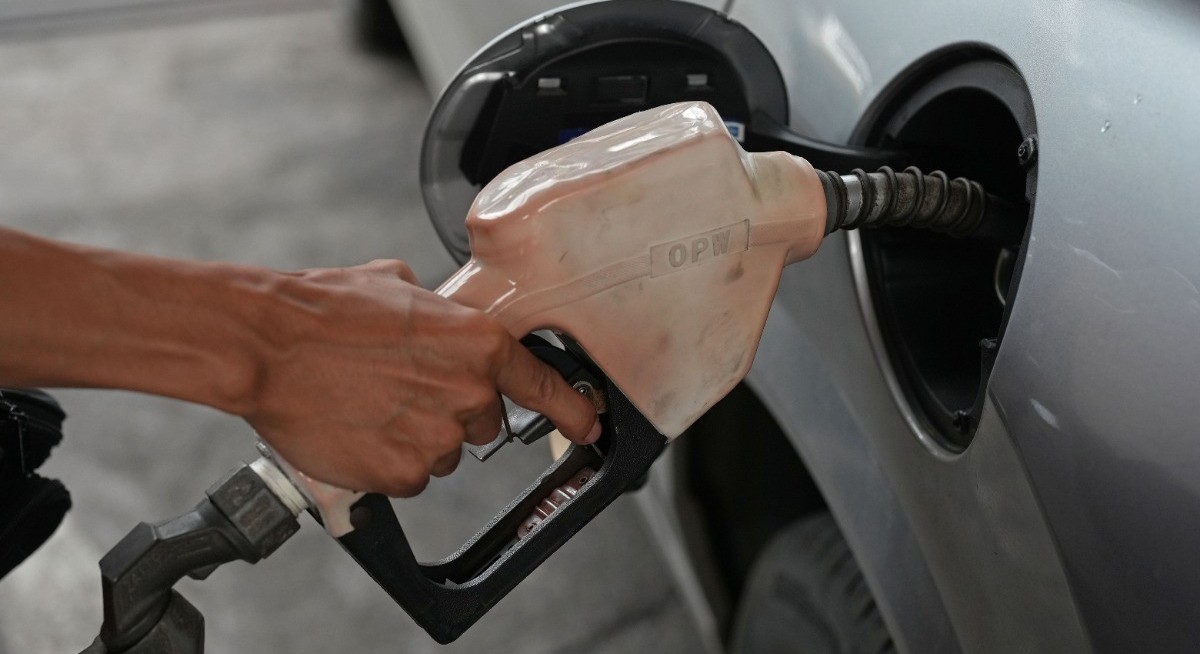The world’s biggest producer of palm oil is planning to expand its biodiesel mandate from 40% to 50% by the second half of next year to slash a hefty fuel import bill and greenhouse gas emissions. The palm industry is closely watching Indonesia’s timing of the roll-out, as the programme is expected to soak up supplies available for export and lead to a global squeeze and higher prices.
The government is considering partial B50 implementation, only for the public sector, due to potential supply issues, Dewi told reporters. The ideal blend for non-public sector use will be studied in the meantime, she added.
“The increase in palm oil productivity is very important. If we go to B50, we must consider the incentives,” Dewi said. Producers could be asked to allocate a certain volume to biofuel feedstock at a set price, though the government is aware it could further burden growers, Dewi said.
To ensure steady supplies, Indonesia would need to expand its palm plantations, said Baginda Siagian, a palm official at the Agriculture Ministry. The country currently has a moratorium in place for opening up forests for new plantations — a move that was essential to slowing rampant deforestation and welcomed by environmentalists.
See also: Palm oil gains on bets for stronger exports and lower production
“The Agriculture Ministry plans for expanding new palm oil plantations by 600,000 hectares, including 400,000 hectares for smallholders and the rest for state-owned companies, to fulfill rising domestic demand,” he said on the sidelines of the conference, without elaborating further.
The Indonesian Plantation Fund, which collects export levies to fund the biofuel programme, has recommended the blending ratio be adjusted based on biodiesel prices.
The programme should also diversify its feedstock to include waste-based oils, such as used cooking oil, to reduce reliance on palm, which is exposed to price swings, Eddy Abdurrachman, the president director of the agency, said at the conference.
Uploaded by Tham Yek Lee




